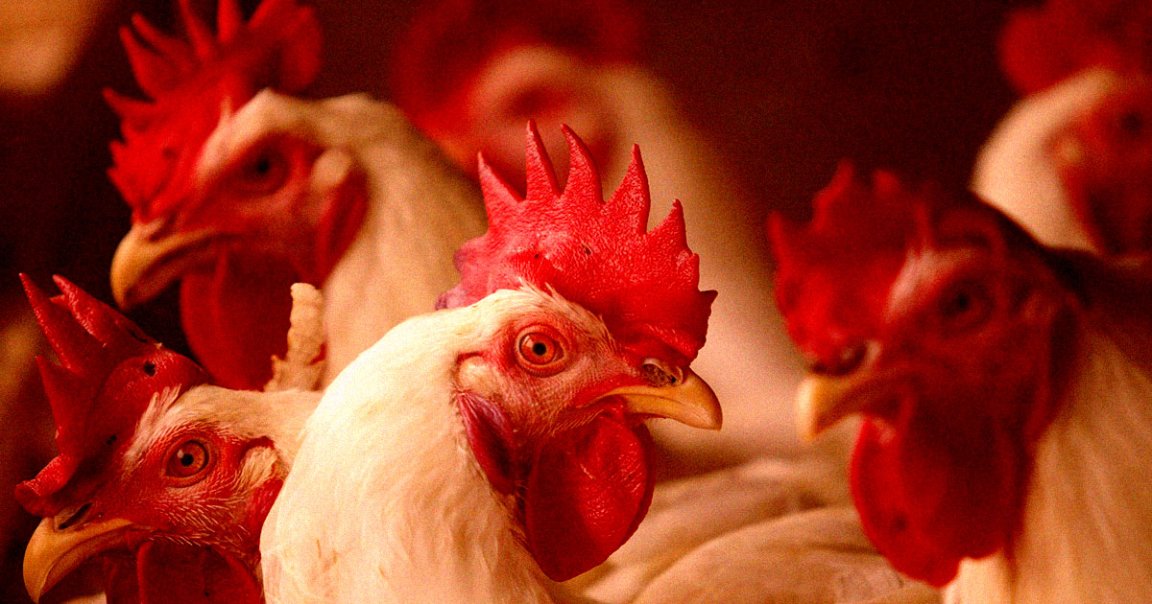
Buck-Buck-Buck
A team of researchers in Japan claims to have figured out a way to translate the clucking of chickens with the use of artificial intelligence.
As detailed in a yet-to-be-peer-reviewed preprint, the team led by University of Tokyo professor Adrian David Cheok — who has previously studied sex robots — came up with a “system capable of interpreting various emotional states in chickens, including hunger, fear, anger, contentment, excitement, and distress” by using “cutting-edge AI technique we call Deep Emotional Analysis Learning.”
They say the technique is “rooted in complex mathematical algorithms” and can even be used to adapt to the ever-changing vocal patterns of chickens, meaning that it only gets better at deciphering “chicken vocalizations” over time.
At least that’s the theory — and, no, you’re not alone at this point in having some doubts about the chicken translating AI’s ability to bring us closer to poultry and their many needs.
Egging On
To test out their new system, the team recorded and analyzed samples from 80 chickens. They then fed these samples to an algorithm to relate these vocal patterns to various “emotional states” in the birds.
By teaming up with “a team of eight animal psychologists and veterinary surgeons,” the researchers say they were able to pinpoint a given chicken’s mental state with a surprisingly high accuracy.
“The results of our experiments demonstrate the potential of using AI and machine learning techniques to recognize emotional states in chickens based on their sound signals,” the paper reads. “The high average probabilities of detection for each emotion suggest that our model has learned to capture meaningful patterns and features from the chicken sounds.”
While that may sound promising, we should take these results with a grain of salt. In their paper, the researchers did acknowledge that the accuracy of their model may change with different breeds and environmental conditions and that “the dataset used for training and evaluation may not capture the full range of chicken emotional states and variations.”
Then there are the many other ways chickens communicate, from “other non-acoustic cues, such as body language and social interactions.”
Cluff Off
While we reserve judgment of the research until the paper has had a chance to be peer-reviewed, it’s a fun and creative use of AI that may just lay the groundwork for a better understanding between men and hen.
“It’s a cluckin’ great leap for science!” said Cheok in a statement, as quoted by the New York Post. “And this is just the beginning. We hope to be able to adapt these AI and ML techniques to other animals and lay the groundwork for incredible intelligence in the various animal-related industries.”
“If we know what animals are feeling we can design a much better world for them,” he added.
More on chickens: Terrified Elon Musk Suggests “Debate” With Zuckerberg Instead of Cage Fight